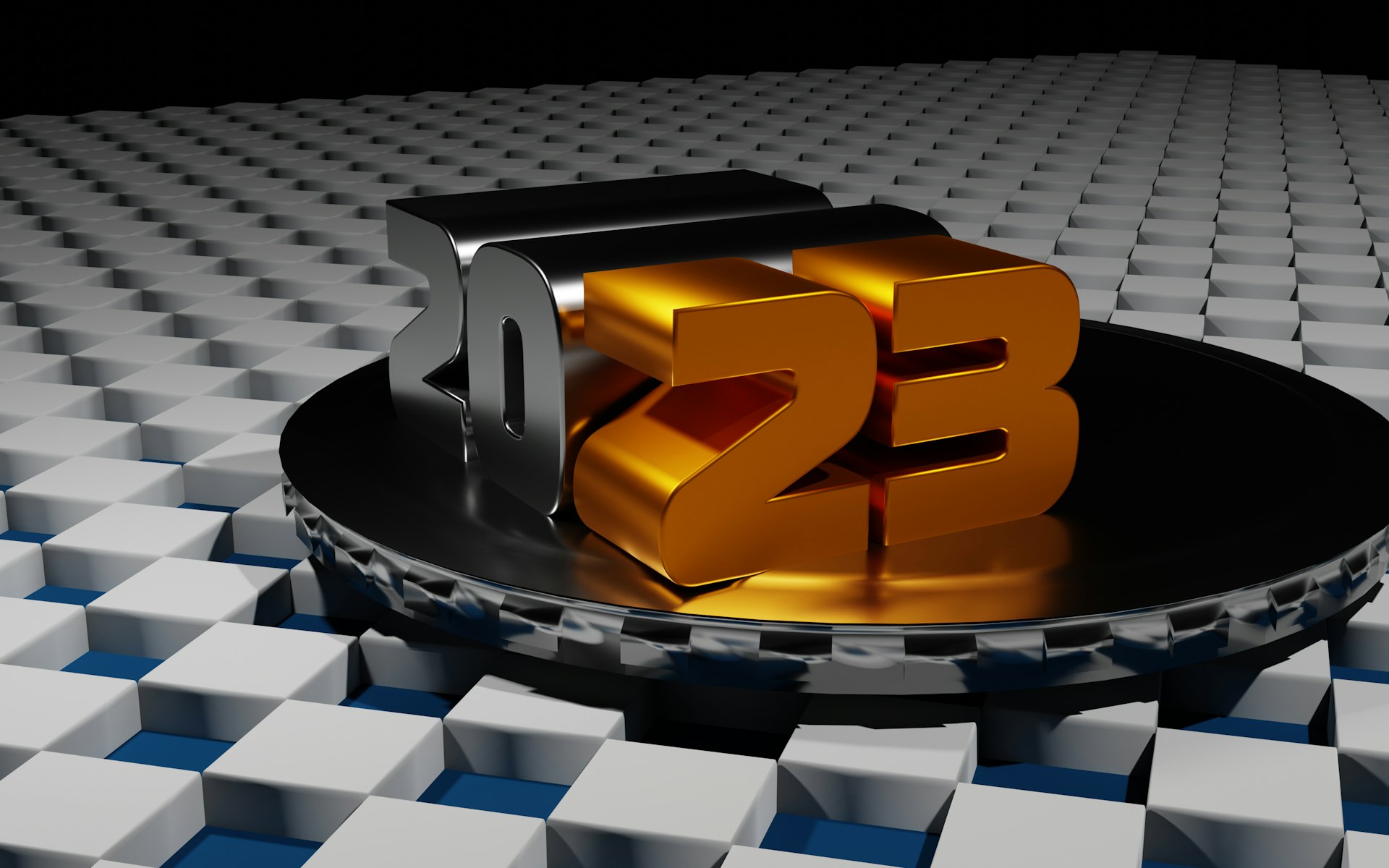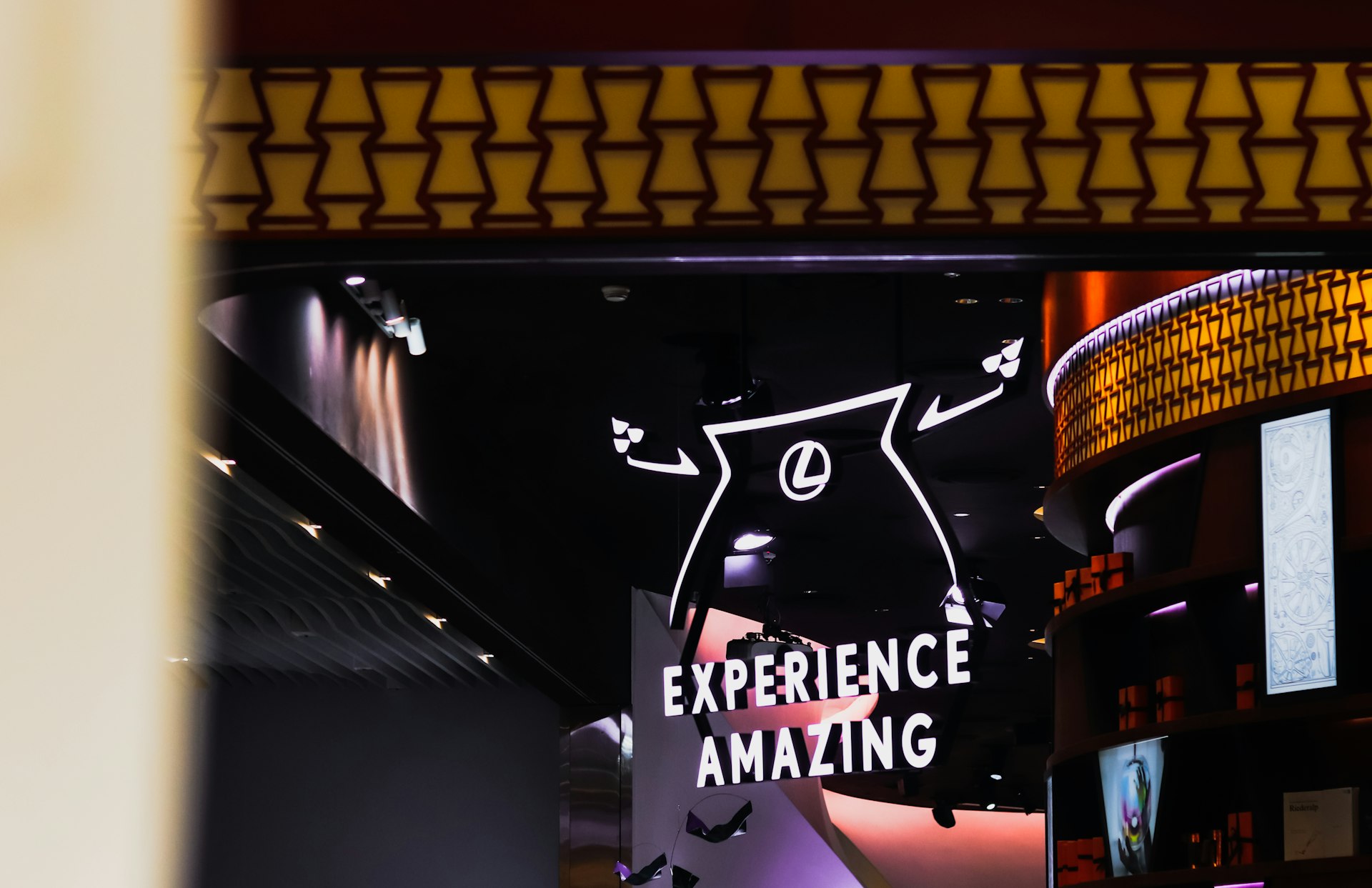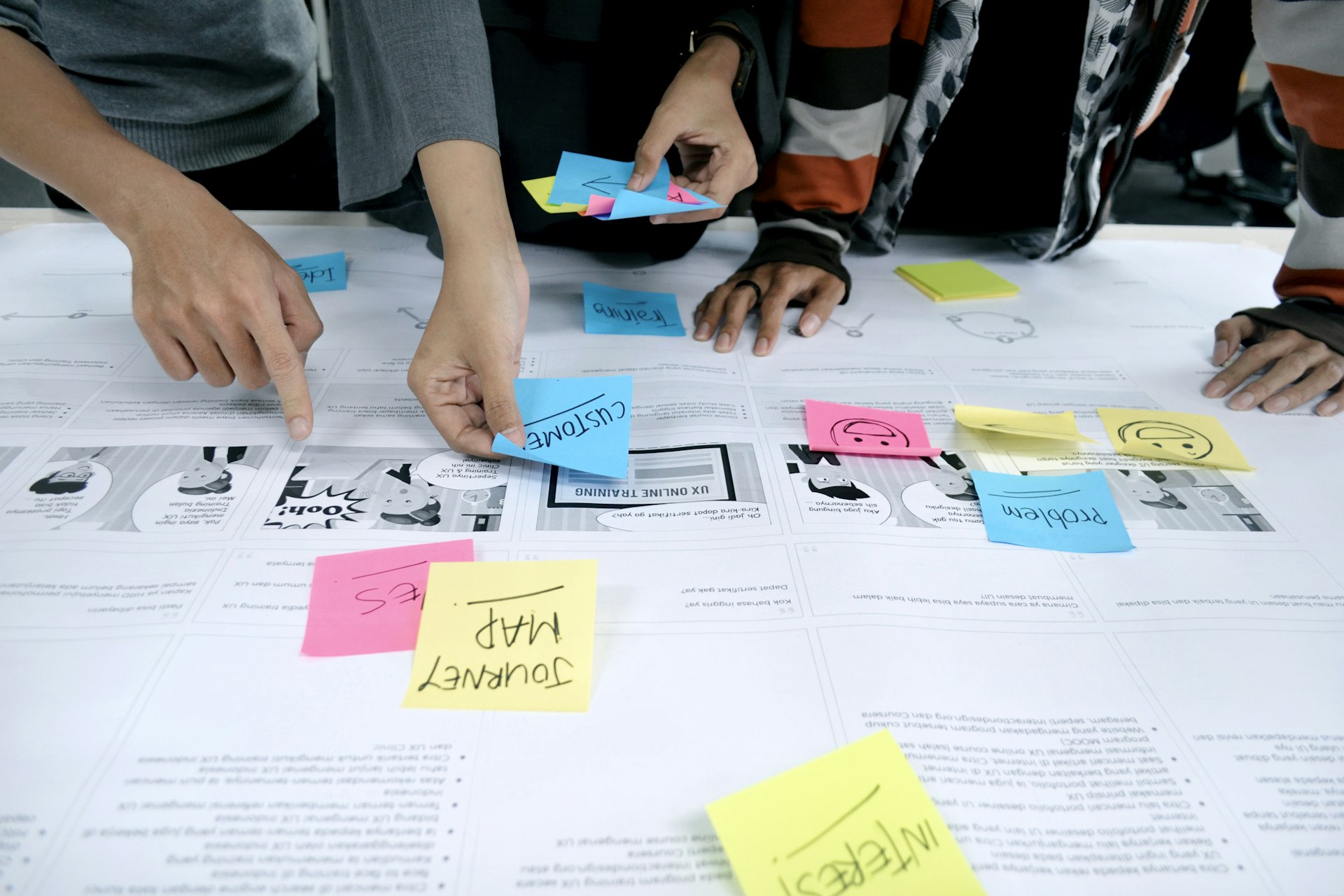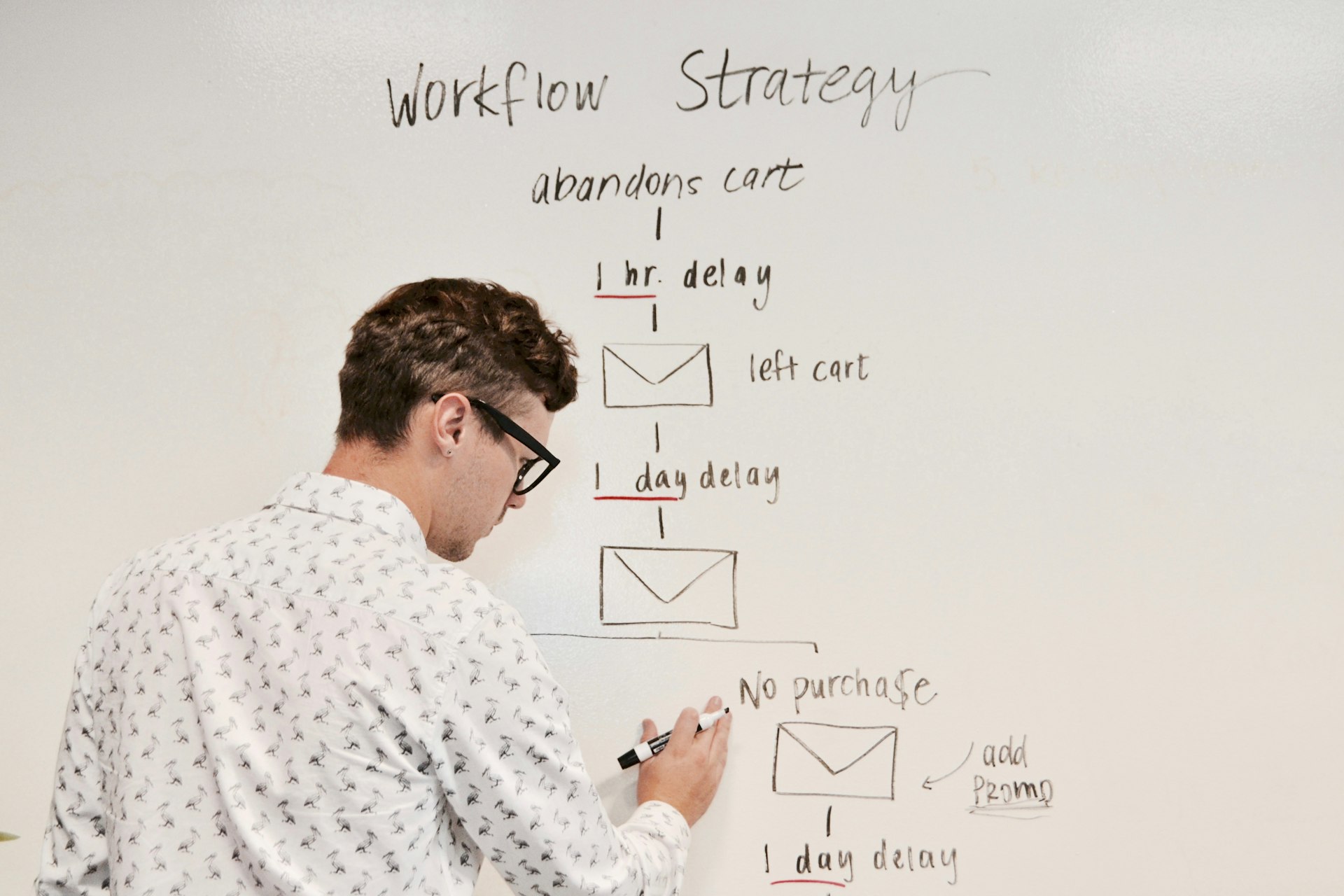Unlocking Success with AI-Enhanced Influencer Performance Tracking: Strategies, Tools, and Actionable Insights

Photo by Milad Fakurian on Unsplash
Introduction
In today’s digital marketplace, influencer marketing has become a cornerstone of brand growth and audience engagement. However, as campaigns scale and influencer networks grow, tracking and optimizing performance becomes increasingly complex. AI-enhanced influencer performance tracking offers a transformative approach, delivering actionable metrics, campaign analytics, and strategic insights that drive ROI. This article explores how AI-powered tools are redefining influencer marketing, provides real-world examples, and outlines step-by-step strategies for leveraging these innovations effectively.
Understanding AI-Enhanced Influencer Performance Tracking
AI-enhanced influencer performance tracking uses artificial intelligence to analyze large datasets from social media platforms, identify trends, and measure campaign outcomes in real-time. This technology goes beyond basic engagement metrics, providing deep insights into audience demographics, sentiment, content effectiveness, and direct ROI attribution. Platforms like HypeAuditor, Favikon, Impulze.ai, and others offer sophisticated features such as fraud detection, influencer vetting, and dynamic reporting to ensure transparency and maximize campaign impact [1] [5] [3] [4] .
Key Benefits of AI-Driven Performance Tracking
The adoption of AI-powered influencer analytics tools provides several compelling benefits:
- Real-Time Analytics: Instantly monitor campaign reach, engagement, and conversions, allowing marketers to make data-driven adjustments on the fly [4] .
- Fraud Detection: Advanced algorithms can detect suspicious activity, fake followers, and non-authentic engagement, protecting brands from wasted spend [3] .
- Audience Insights: AI tools provide granular demographic and psychographic data, enabling precise targeting and content personalization [5] .
- Automated Reporting: Comprehensive dashboards and automated reports streamline campaign analysis, saving time and increasing productivity [1] .
- ROI Measurement: Direct integration with e-commerce and conversion tracking platforms allows for clear attribution from influencer activity to sales outcomes [1] .
Real-World Examples and Case Studies
Platforms such as HypeAuditor have set industry standards with their AI-powered analytics, offering brands the ability to vet over 200 million influencers, detect as much as 95.5% of known fraud activity, and generate detailed reports for Instagram, TikTok, Twitch, X (Twitter), and YouTube. Their platform supports campaign planning, influencer discovery, and competitive benchmarking, making it a popular choice among both agencies and brands [3] .
Favikon leverages AI to analyze influencer backgrounds, content history, and audience interactions, helping brands identify top-performing creators and optimize campaign content. Their tools span Instagram, LinkedIn, YouTube, TikTok, and X, ensuring comprehensive coverage of digital channels [5] .

Photo by Justin Morgan on Unsplash
Impulze.ai is particularly suited for e-commerce businesses aiming to measure reach, engagement, and ROI in real-time. The platform’s flexible plans make it accessible to both small and large brands, and its free tool, SocialiQ, facilitates influencer discovery and management on social media directly [4] .
Step-by-Step Implementation Guidance
To harness the full potential of AI-enhanced influencer performance tracking, consider the following process:
- Define Your Campaign Goals: Identify specific objectives, such as increasing brand awareness, driving sales, or improving engagement. Set clear KPIs (Key Performance Indicators) aligned with these goals.
- Select a Verified AI-Powered Platform: Evaluate platforms like HypeAuditor, Favikon, or Impulze.ai based on your needs. Check for features such as influencer discovery, real-time analytics, fraud detection, and automated reporting. Visit each provider’s official website to review pricing, platform demos, and case studies before signing up [3] [5] [4] .
- Discover and Vet Influencers: Use AI-driven search tools to filter creators by audience, engagement rate, content type, and brand fit. Platforms typically allow you to preview influencer profiles, historical data, and engagement authenticity.
- Launch and Monitor Campaigns: Once partnerships are established, use the platform’s tracking dashboard to monitor posts, stories, and videos in real-time. Pay close attention to engagement trends and audience feedback.
- Analyze and Optimize: Review automated reports and AI-driven recommendations to refine your campaign. Adjust content, influencer selection, or promotion strategies based on data insights.
- Measure ROI and Attribution: Leverage conversion tracking integrations (where supported) to directly link influencer activity with sales, signups, or other target actions. Export comprehensive campaign reports for internal analysis or client presentations.
Potential Challenges and Solutions
While AI-enhanced tracking streamlines influencer marketing, several challenges may arise:
- Data Overload: Large campaigns can generate vast amounts of data. Focus on pre-defined KPIs and use automated dashboards to filter actionable insights.
- Platform Integration: Not all AI tools integrate seamlessly with every social media or e-commerce platform. Before onboarding, confirm compatibility with your primary sales and analytics systems.
- Privacy and Compliance: Ensure that the platform adheres to data privacy standards and offers customizable consent management where required.
- Cost Considerations: Pricing for AI influencer analytics tools varies. Some platforms offer free trials or tiered plans to accommodate different budgets. It’s advisable to start with a limited campaign to evaluate ROI before scaling up [2] .
Alternative Approaches and Additional Resources
For brands seeking alternatives or complementary strategies, manual tracking using spreadsheets or basic analytics from native social platforms is possible, though far less efficient and prone to human error. Some businesses may also use brand monitoring solutions like Awario or Brand24 to track mentions and sentiment, though these tools may not attribute clicks or conversions directly to influencer content [2] .
When selecting a platform or strategy, it’s advisable to:
- Read verified user reviews on trusted software directories
- Request a demo or trial to evaluate capabilities
- Consult with digital marketing professionals or agencies experienced in influencer analytics
How to Access and Get Started
To begin leveraging AI-enhanced influencer performance tracking, follow these steps:
- Research leading platforms using official sources, such as HypeAuditor, Favikon, and Impulze.ai.
- Request a demo or sign up for a free trial, if available, to test the tool’s functionality and user interface.
- Prepare a list of potential influencers or campaigns for initial tracking and analysis.
- Contact the platform’s customer support for onboarding assistance if needed or consult the FAQ sections for setup guides.
- Regularly review performance data and optimize campaigns according to AI-driven recommendations.
If you are unable to locate a suitable platform or require personalized support, consider contacting a digital marketing consultancy or searching for “AI influencer analytics agencies” to find vetted service providers.
Summary and Key Takeaways
AI-powered influencer performance tracking is rapidly becoming the industry standard, offering real-time data, actionable insights, and automated campaign optimization. By leveraging these advanced tools, brands can maximize ROI, streamline workflows, and build authentic partnerships in an increasingly competitive digital landscape. Whether you’re a small business or a global enterprise, there are accessible, flexible solutions available to help you track, measure, and grow your influencer marketing efforts.
References
- [1] Sprout Social (2024). 12 top influencer analytics tools to boost your campaign ROI.
- [2] Modash.io (2024). 10 Influencer Tracking Tools For Monitoring Content & Performance.
- [3] HypeAuditor (2024). 100% AI-Powered Influencer Marketing Platform.
- [4] Impulze.ai (2024). Influencer Analytics Platform.
- [5] Favikon (2024). AI-Powered Influencer Marketing Platform.
MORE FROM todayhiring.us













